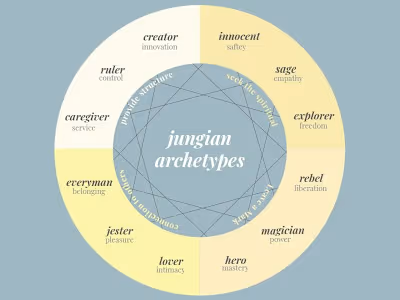Understanding Defense Mechanisms: Freud's Insight into the Human
Sigmund Freud, the father of psychoanalysis, revolutionized our understanding of human behavior and the workings of the human mind. One of his most enduring contributions to psychology is his exploration of defense mechanisms, a concept that sheds light on how individuals protect themselves from psychological distress and navigate the complexities of their inner worlds. Freud's pioneering work has not only provided invaluable insights into human behavior but has also paved the way for further developments in the field of psychology.
Defense mechanisms, as Freud described them, are unconscious psychological processes that individuals employ to protect themselves from emotional distress or anxiety. These mechanisms are automatic responses that help individuals cope with situations that threaten their self-esteem, self-concept, or emotional well-being. Freud believed that defense mechanisms operate at the unconscious level, meaning that individuals are often unaware of their use.
Freud identified several defense mechanisms in his work, each serving a unique purpose in shielding the individual from psychological harm. While these mechanisms can be adaptive and helpful in moderating emotional stress, they can also lead to maladaptive behaviors when overused or misapplied.
Repression: Repression is perhaps the most fundamental defense mechanism, and it involves pushing distressing or threatening thoughts and feelings into the unconscious mind. By doing so, individuals can maintain a sense of normalcy and avoid confronting uncomfortable truths. However, repressed emotions can resurface in various ways, often leading to psychological symptoms.
Denial: Denial involves refusing to accept the reality of a distressing situation. It is a way of protecting oneself from the emotional impact of difficult truths. For example, a person diagnosed with a serious illness may deny the diagnosis as a means of coping with the fear and anxiety associated with it.
Projection: Projection involves attributing one's own unacceptable thoughts, feelings, or impulses to someone else. This allows individuals to avoid taking responsibility for their own emotions by externalizing them onto others. For instance, a person who harbors feelings of jealousy might accuse their partner of being unfaithful.
Regression: When individuals experience heightened stress or anxiety, they may revert to behaviors that are characteristic of an earlier stage of development. This retreat to a more childlike state is an attempt to find comfort and security. For example, an adult under extreme stress might exhibit childlike tantrums or clinginess.
Rationalization: Rationalization is a defense mechanism that involves creating logical or plausible explanations for irrational or unacceptable behavior. It helps individuals justify their actions or decisions, even if they are morally or ethically questionable. For instance, a person who cheats on a test may rationalize it by saying that everyone else was doing it.
Sublimation: Sublimation is considered one of the healthier defense mechanisms. It involves channeling unacceptable impulses or emotions into socially acceptable activities. For example, someone with aggressive tendencies might become a successful athlete or artist, using their energy constructively.
Sigmund Freud's exploration of defense mechanisms has significantly contributed to our understanding of the human psyche. These unconscious processes serve as psychological safeguards, protecting individuals from emotional turmoil and distress. However, it's essential to recognize that while defense mechanisms can be adaptive, their overuse or misuse can lead to maladaptive behaviors and psychological issues.
Modern psychology has built upon Freud's work, offering further insights into defense mechanisms and their role in mental health and well-being. Today, psychotherapy and counseling often focus on helping individuals recognize and address their defense mechanisms to promote personal growth and emotional resilience.
In summary, Freud's description of defense mechanisms remains a crucial foundation for understanding human behavior and the intricate ways in which individuals protect themselves from the challenges of the inner world. By shedding light on these mechanisms, we can better comprehend the complexities of the human mind and work toward healthier ways of coping with life's demands
Like this project
Posted Sep 17, 2023
crafting this article as a psychotherapist was a synthesis of my clinical expertise, ethical considerations, research, and a commitment to making complex psycho
Likes
0
Views
26



